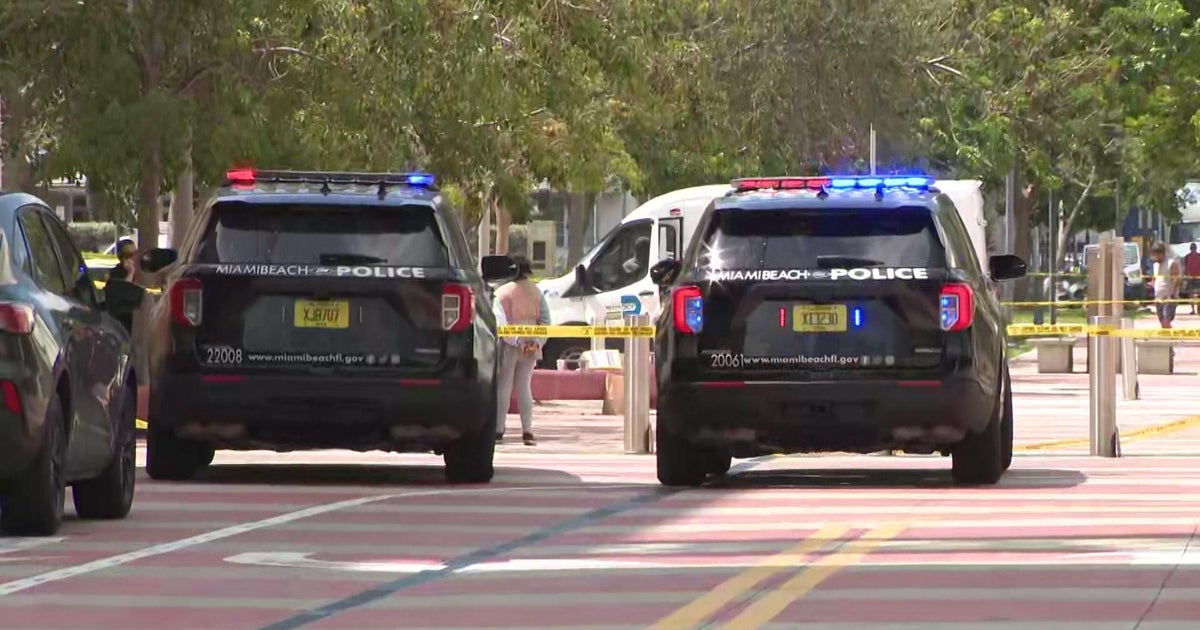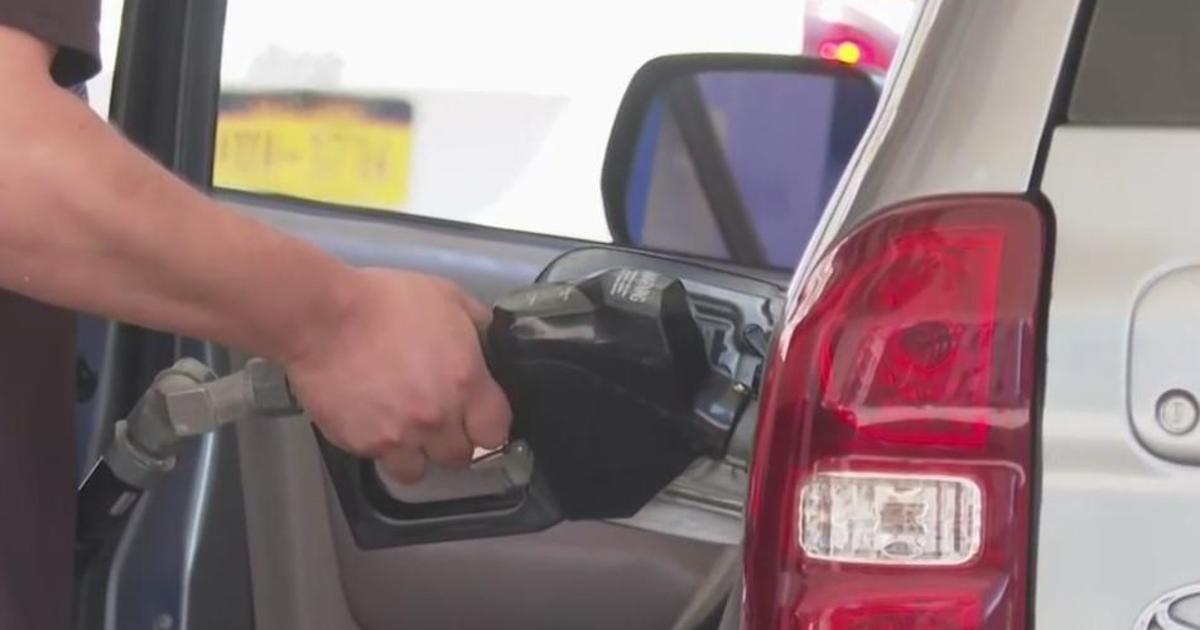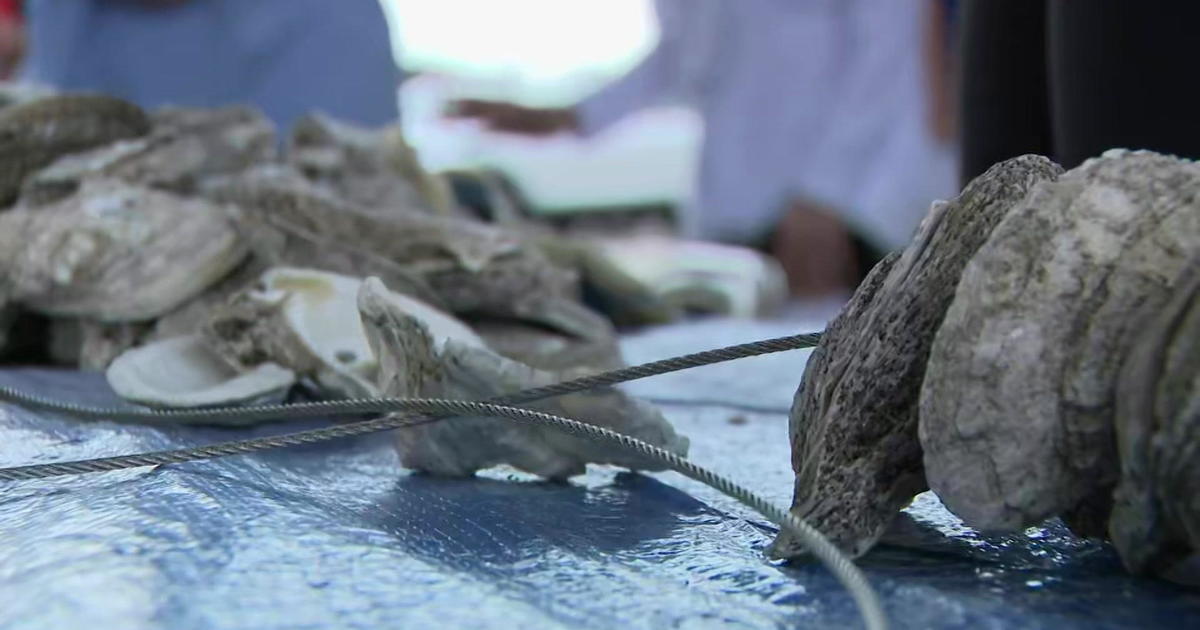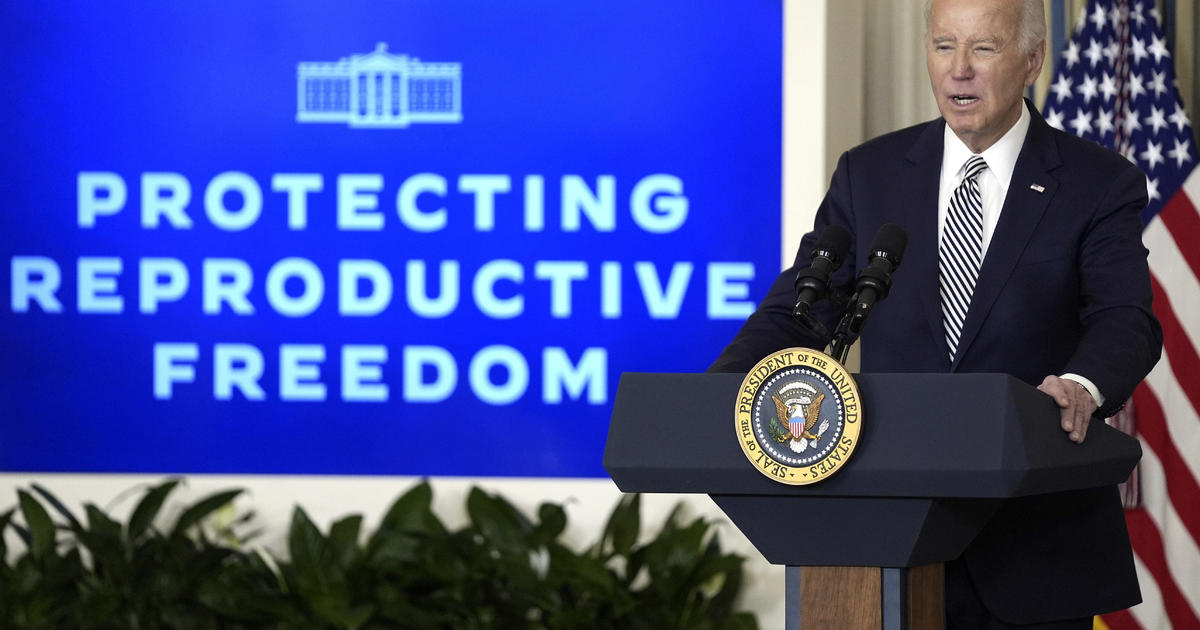New Book On Casey Anthony Trial Blasts Defense, Jury
ORLANDO (CBSMiami/AP) - A retired prosecutor who took part in the Casey Anthony murder trial takes shots at the defense and the jury in a new book which hits the shelves Tuesday.
In "Imperfect Justice: Prosecuting Casey Anthony" lawyer turned author Jeff Ashton wrote that he would have been happier if the prosecution team had left the death penalty off the table. He also confirmed that toward the end of the trial, Anthony's attorneys tried to persuade the 25-year-old to accept a plea deal but she refused to listen.
"Personally, I think I would have been happier if the death penalty had not been reintroduced into the case, even though I think on some level I think Casey may have deserved it," Ashton said in the 324-page book. "Simply put, I just didn't think the jury would go there."
As it turns out, Anthony refusal to accept a deal paid off. Jurors in July acquitted her in the killing of her daughter, Caylee, and she was released from prison.
Ashton's book is the first account written by one of the key players in the trial that captured the attention of the nation last summer. He retired soon after the trial ended.
In it, he takes direct aim at Anthony's defense attorneys, specifically Jose Baez who he calls "smarmy" and admits he genuinely dislikes. He said Baez was careless with the facts, unmindful of deadlines and encouraged Anthony to be uncooperative with detectives searching for her daughter.
"There is an unearned air of arrogance about the man that is incredibly frustrating to witness," Ashton writes. "The word I used in describing Jose is smarmy: somebody who is slick, underhanded and doesn't shoot straight."
Baez said in a statement that Ashton's characterizations were false.
"Having read several of the comments Mr. Ashton makes in his new book, I am both surprised and somewhat disappointed he has chosen to attack me on a personal level," Baez said. "Without going into specific detail, I will say only that many of his accusations are absolutely false."
Ashton also displays an unflattering view of the jurors. He wrote they seemed to give a lot of thought and discussion to which movies they wanted to watch or which restaurants to go to while they were sequestered. Yet no juror asked a single question about the evidence during deliberation.
"From the moment our jury had been fielded ... we'd had concerns over their apparent absence of strong opinions as well as over the amount of effort they seemed willing to expend on this," Ashton writes. "In retrospect, I think those concerns were justified."
Three jurors gave television interviews immediately after the verdict, but they have since refused to talk to reporters about the case.
Ashton said people who disagreed with the acquittal and still think Anthony was guilty should leave her alone and ignore her, in hopes she'll fade from the public memory.
The book, for the first time, also discloses the results of two psychological evaluations taken of Anthony.
Two defense psychologists who did the evaluations never testified. But Anthony told the psychologists that she was sexually abused by her father, Ashton wrote.
As part of their defense, Anthony's attorneys said Caylee drowned in the family swimming pool, and that her father, a former police officer, helped cover it up. Anthony's partying and shopping during the month before her daughter was reported missing was caused in part by her father's sexual abuse, according to the defense theory. Her father, George Anthony, repeatedly denied those claims in court and afterward.
One psychologist expressed apprehension about his evaluation being used to support that defense theory, Ashton writes, especially since Anthony had scored in a normal range on a test designed to discover mental disorders. The other psychologist gave Anthony a battery of tests to diagnose stress from trauma such as sexual molestation. The tests didn't support the theory that she had been molested, Ashton writes.
A few weeks before trial, prosecutors met with George Anthony, and his wife, Cindy, to give them a heads-up about the molestation accusations that the defense planned to use at trial.
"George looked like he had been crying, like someone had just killed Caylee all over again," Ashton writes. "He was just devastated."
More than six months after she disappeared, a meter reader found Caylee's remains in a swampy, wooded area near where she lived with her mother and grandparents. Ashton said in the book that law enforcement and volunteers never examined that area until Roy Kronk reported seeing the remains there in December 2008.
"In the end, Murphy's Law prevailed: everyone assumed that someone else had searched there, but in fact no one actually had," Ashton writes. "Everyone, including law enforcement, assumed that the most obvious place had to have been combed and given the all clear — which just proves the adage about what happens when you assume. Everybody ends up looking like and ass and a nation spent an extra four months searching around the country for a lost little girl who was a quarter mile from home."
A spokesman for the Orange County Sheriff's Office, the lead agency investigating Caylee's disappearance and death, said Monday that pinpointing a place to search for the toddler was challenging.
"Mr. Ashton, as part of the prosecution team, was well aware of the difficulties in establishing a starting point," Capt. Angelo Nieves said. "Casey Anthony told numerous lies to law enforcement throughout the investigation concerning her daughter's whereabouts."
(TM and © Copyright 2011 CBS Radio Inc. and its relevant subsidiaries. CBS RADIO and EYE Logo TM and Copyright 2010 CBS Broadcasting Inc. Used under license. All Rights Reserved. This material may not be published, broadcast, rewritten, or redistributed. The Associated Press contributed to this report.)



